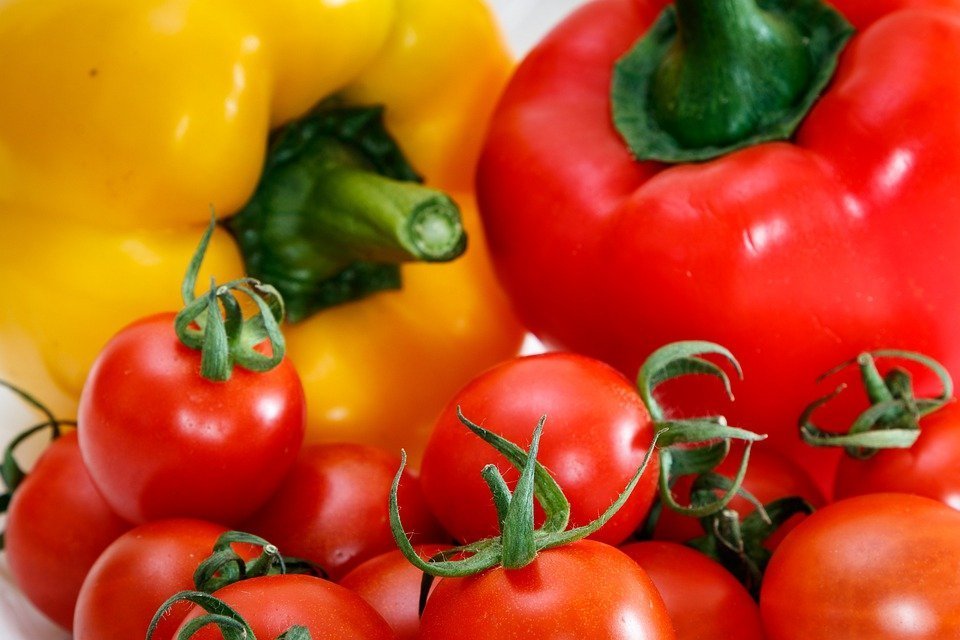On December 7, 2020, via a video conference, negotiations were held between representatives of Rosselkhoznadzor and the Food and Control Department of the Ministry of Agriculture and Forestry of Turkey.
Rosselkhoznadzor has indicated its concern regarding the detection of the tomato brown rugose fruit virus (ToBRFV), tomato spotted wilt virus, and the pepino mosaic virus (PepMV) in Turkish products.
Rosselkhoznadzor introduced temporary quarantine phytosanitary measures against these viruses in vegetables supplied from Turkey to Russia after infections were reported in 9 cases of products with the pepino mosaic virus, 1 case with the tomato brown rugose fruit virus, and 1 case with tomato spotted wilting virus.
Given the high-level threat posed by these viruses, Rosselkhoznadzor was forced to impose a ban on the import of tomatoes and peppers from the Turkish provinces of Izmir and Antalya. The contaminated products were supplied from these regions of Turkey.
Read also: Russia introduces new ban on all vegetables and fruits from Uzbekistan
In addition, the service is also concerned about the increasing cases in the detection of quarantine objects in products for Russia such as the South American tomato moth in fresh tomatoes coming from Turkey and moniliasis (brown rot) in pears.
Rosselkhoznadzor reported that it promptly notified Turkey of each detected violation and expressed its readiness to duplicate the notifications.
The Food and Control Department of the Ministry of Agriculture and Forestry of Turkey noted that it is conducting a detailed study of the phytosanitary situation in the country for the indicated viruses. The ministry developed and distributed a circular with information about tomato and pepper diseases as well as ordered the destruction of all products infected with the tomato brown rugose fruit virus, tomato spotted wilt virus, and the pepino mosaic virus.
The parties agreed that the Turkish department will send to Rosselkhoznadzor detailed information on the measures taken as well as the results of their investigations on each virus and quarantine object detected in the products.
The use of the site materials is free if there is a direct and open for search engines hyperlink to a specific publication of the East-Fruit.com website.




